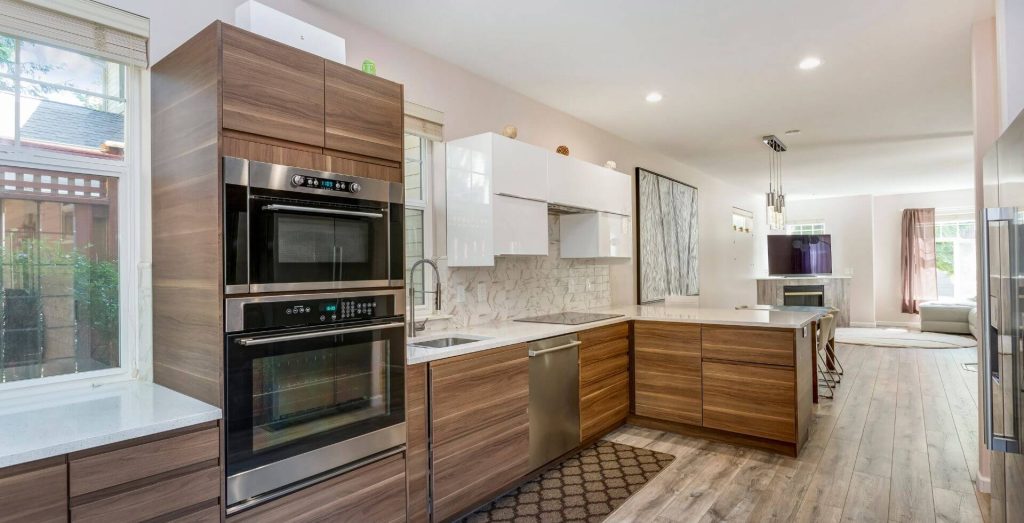How to Plan a Kitchen Remodel That Adds Value and Functionality

A kitchen remodel is one of the most rewarding home improvement projects—both in terms of daily living and resale value. The kitchen is the heart of the home, and a well-planned renovation can transform it into a more functional, beautiful, and valuable space. Whether you’re dreaming of a sleek modern design or simply want to […]

